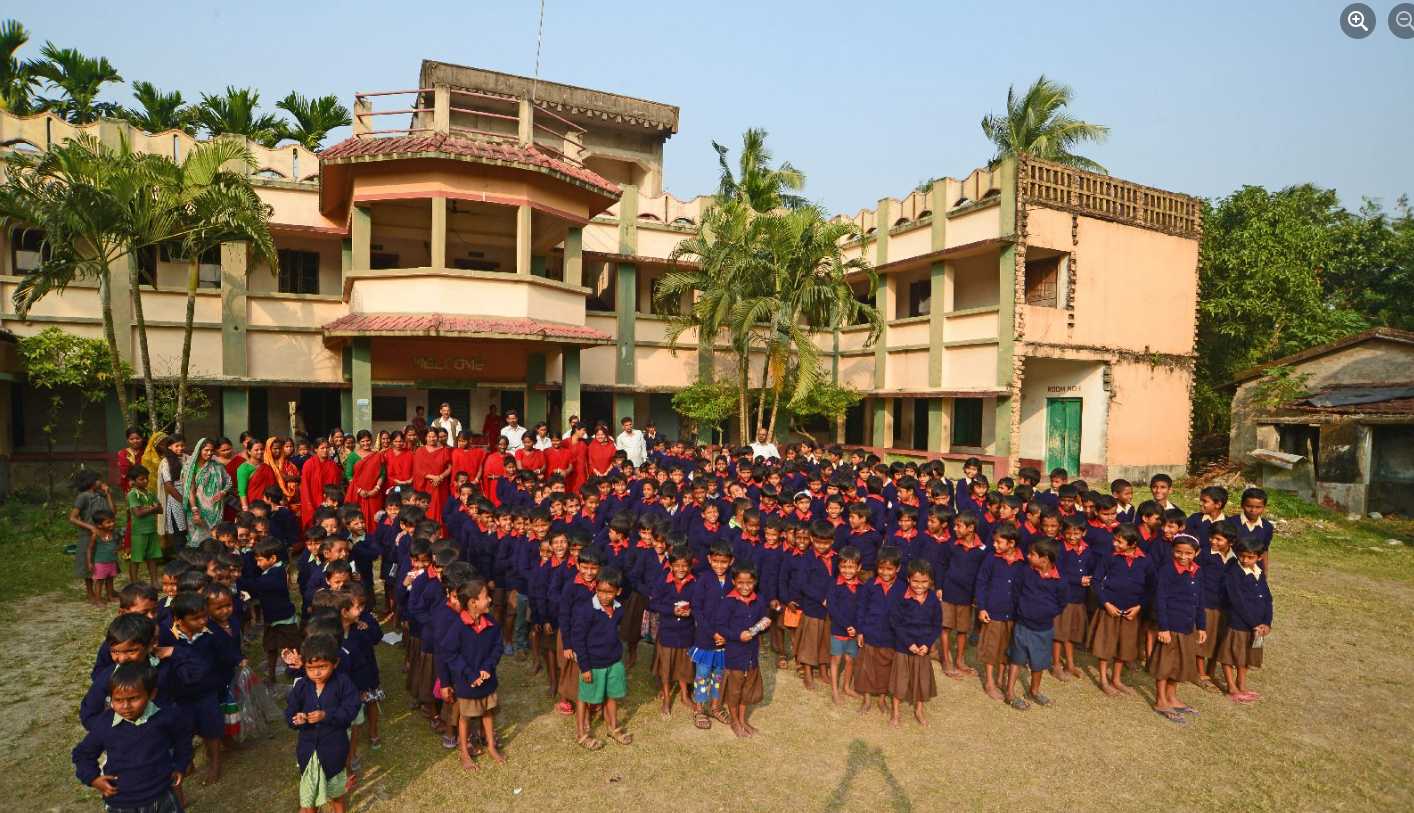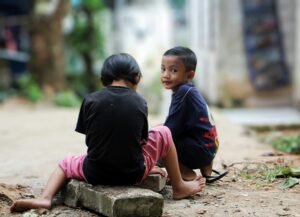
The issues relating to climate change remain a defining issue of our time. India is susceptible to wide-scale climate change-related risks due to its geographical location, topography, and ecosystems. Currently, we are the 7th most affected nation due to climate change as per the Global Climate Risk Index 2021. The State of India’s Environment in Figures 2022 reported 280 heatwave days between the period 11 March – 18 May 2022. This is the highest number recorded in 12 years. Moreover, the socio-economic disparities that exist in India make climate change a multi-faceted challenge for vulnerable and marginalised communities. This includes children, persons with disabilities, indigenous people and ethnic minorities, landless tenants, migrant workers, displaced persons, sexual and gender minorities, and older people.
Amongst the several safeguards in mitigating the effects of climate change, an effective climate change policy puts in place informed measures for public awareness, advocating for policy changes, conducting vital research, and developing innovative solutions.
iProbono recently supported Baikunthapur Tarun Sangha (BTS) on the drafting of their Climate Change and Disaster, and Emergency Response Policy. BTS is a grassroots-level Community-Based Organisation (CBO) that operates in the riverine coastal areas of the Sunderban, designated as a Biosphere Reserve and a UNESCO World Heritage Site. BTS is committed to enhancing the well-being of the community and addressing critical issues by collaborating with various stakeholders and utilising the support of international organisations and government bodies. While its focus is on formal education, BTS plays a crucial role in the community by providing care and protection to children aged between three and six through its pre-school centers and ICDS Children/Creche Units.
Our community lawyer, Divya Dhawan, and our in-house team members drafted a robust climate change policy through a participatory process. This included inputs from the community, channelled through BTS. This policy provides a roadmap for addressing the complex challenges posed by global warming – from mitigating environmental damage to safeguarding vulnerable communities. BTS has a reach across 29 coastal villages under the Sunderban Biosphere Reserve and UNESCO World Heritage Site with 1,50,000 residents, so this policy is designed to have a wide impact. The policy focuses on empowering communities, thereby enhancing their overall climate resilience. It also serves as a guiding document for the organisation, informing their interventions and enabling them to tailor their support effectively.
“iProbono played a pivotal role in shaping our Climate Change and Disaster Response Policy. Their deep understanding and meticulous approach resulted in a robust policy framework thus safeguarding the interests of our stakeholders and target group.”
Susanta Giri, Secretary, BTS
Robust policy frameworks strengthen grassroots initiatives making far-reaching and transformative impact, leaving a lasting imprint on communities and society as a whole. The effect of adopting a well drafted policy would thus make a tangible difference in BTS’s mission of transforming the lives of the indigenous community members, by mitigating the effects of climate change and fostering sustainable development.












